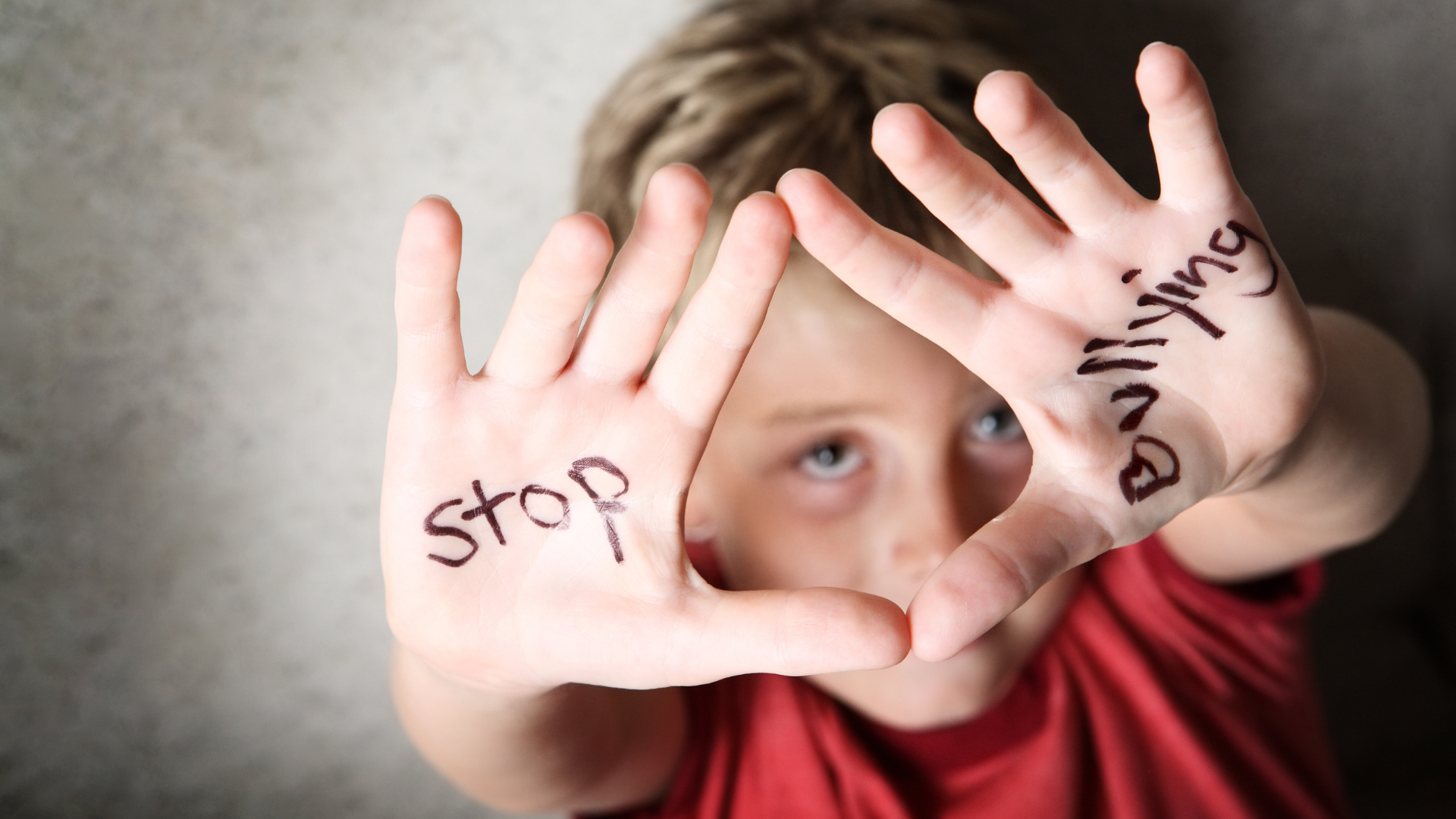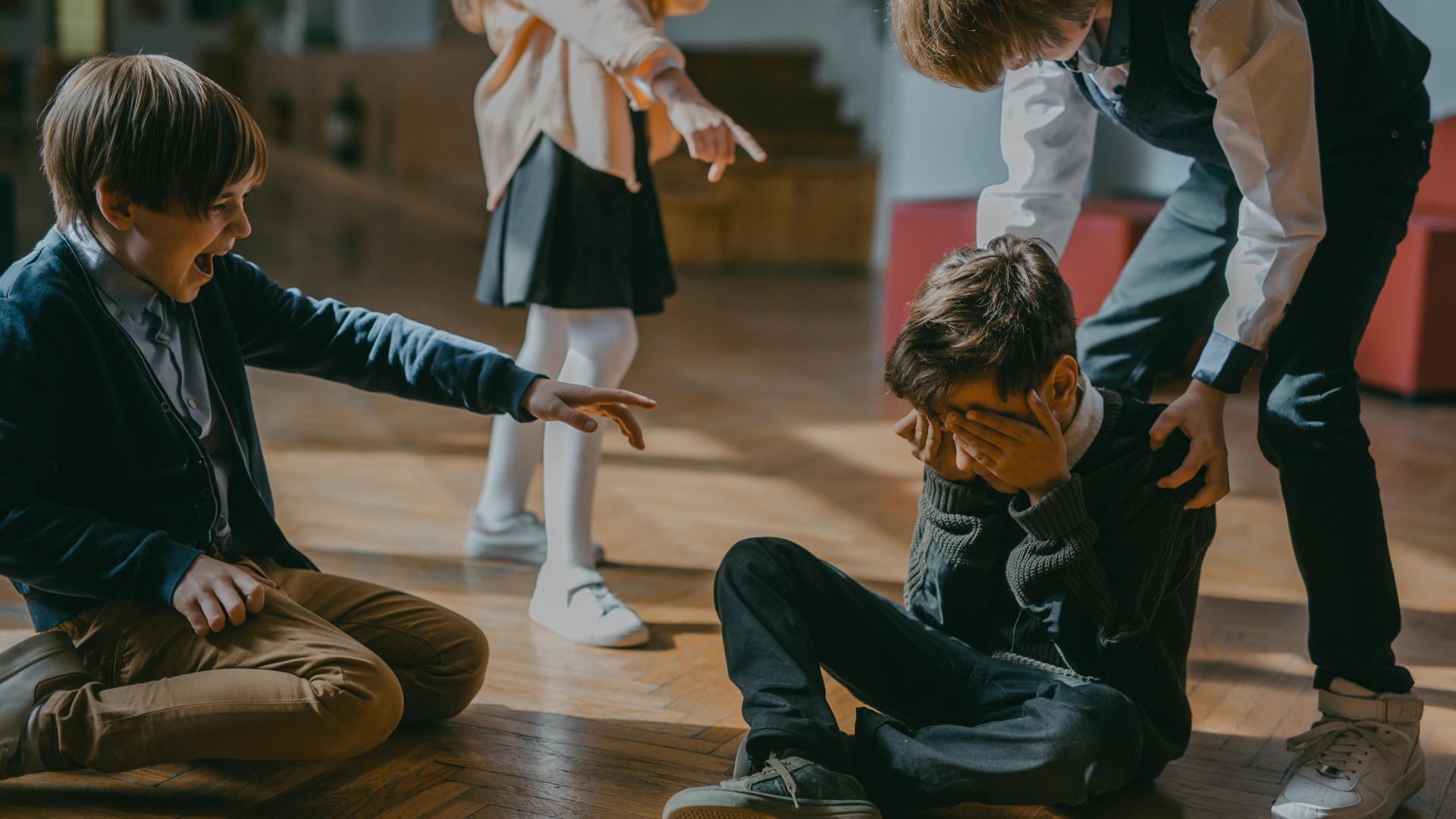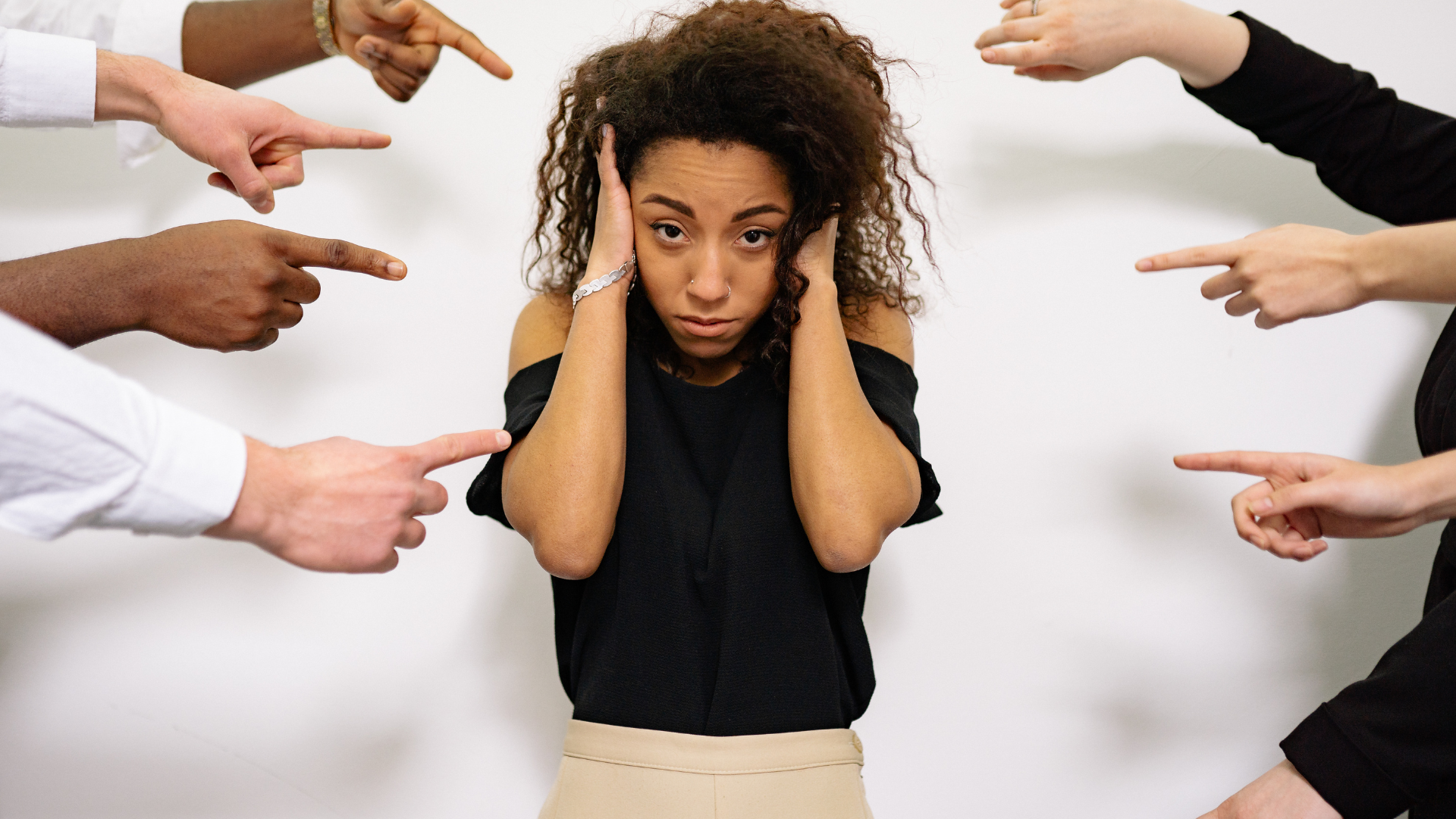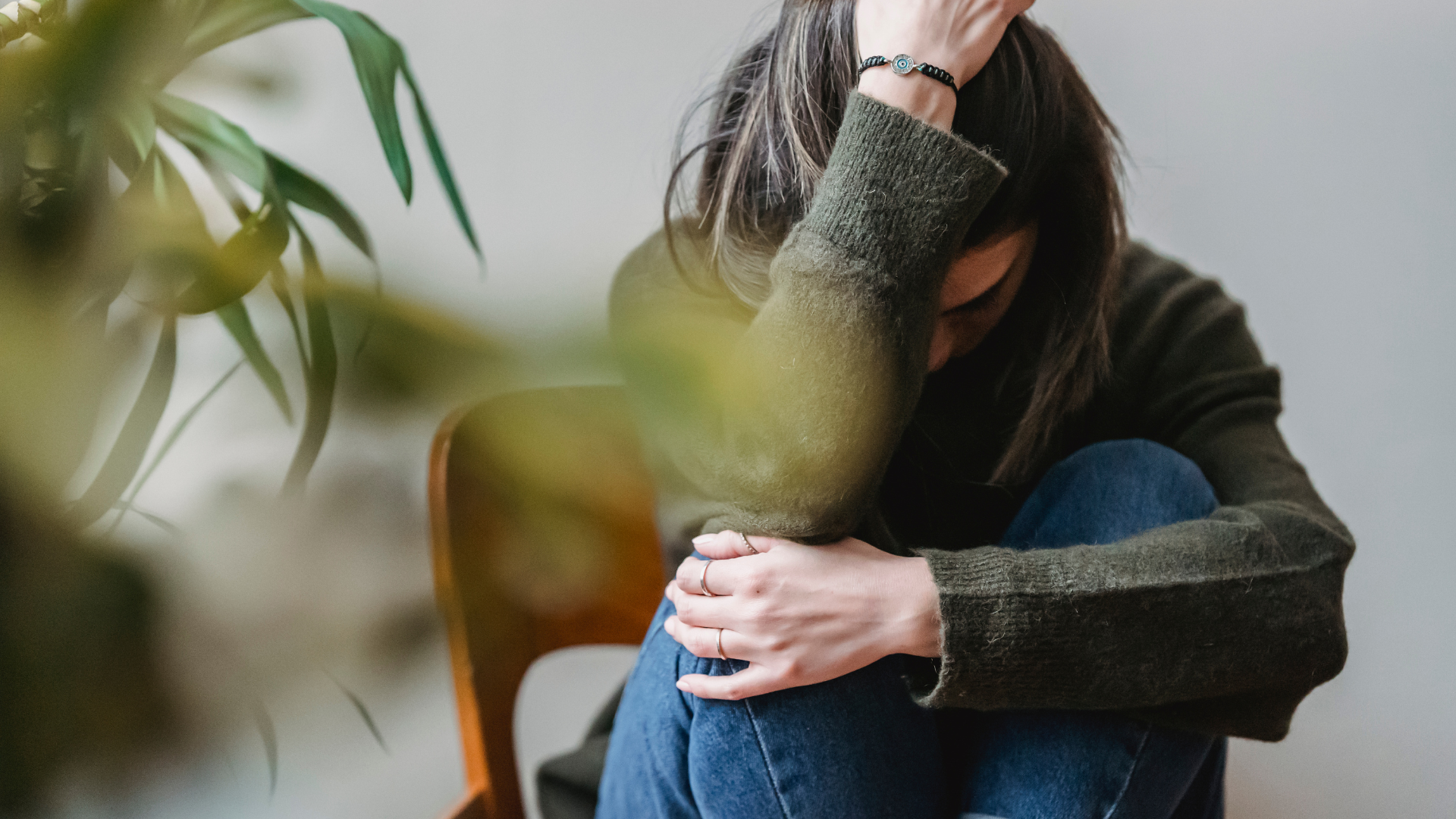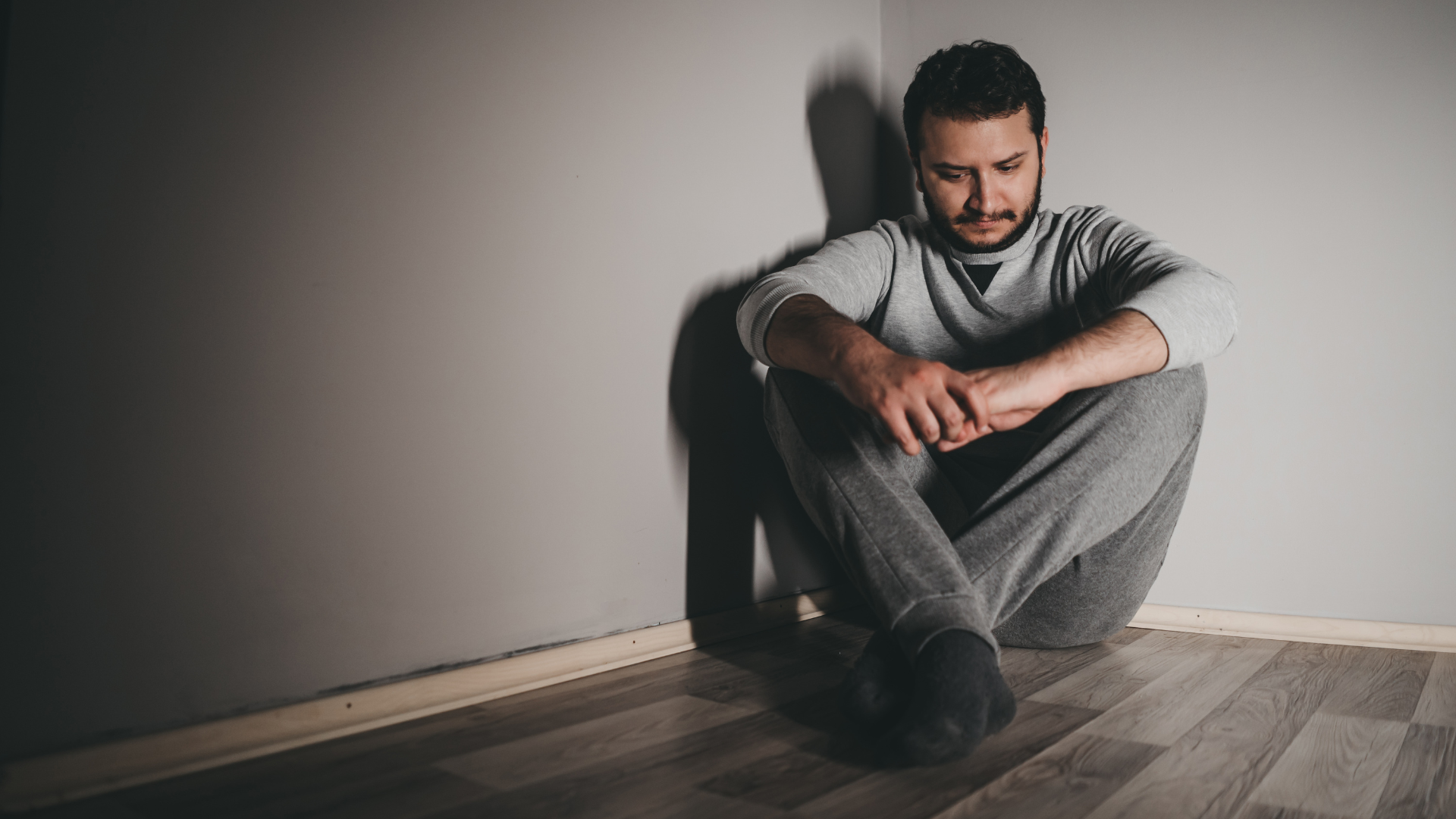Sleep: The Most Important Part of Your Day
Sleep is an essential part of life. It’s been said that without sleep, it’s nearly impossible to have a healthy and productive day. Scientifically speaking, sleep is necessary for health and cognitive function.
More importantly, many studies point out the importance of not getting enough sleep which can lead to early death. In this article, you’ll be introduced to the science behind sleep and its importance in our daily lives.
What is Sleep?
Sleep is one of the most important parts of your day. It’s when your body and brain rest and recover. When you get enough sleep, you feel better and are more productive the next day.
How Much Sleep Do I Need?
Most people need between 7 and 9 hours of sleep a night to feel best. However, everyone is different and some people may need more or less sleep than that. If you’re not getting the amount of sleep you need, try to adjust your habits gradually over time.
A good rule of thumb is to go to bed and wake up at the same time every day for a week to see how you feel. In the event you still don’t feel well, consider trying cannabis products like those you can find here or supplements that can help induce sleep. If they aren’t helping either, you could talk to your doctor about getting tested for a sleep disorder.
How Does the Brain Work During Sleep?
The brain works best when getting the sleep it needs. When you are sleep-deprived, your ability to think clearly and make good decisions is hindered. Even small amounts of sleep deprivation can significantly impact your ability to function at work or school.
During sleep, the brain consolidates memories from the day and builds new links between them. It also creates new neural connections, which help the brain learn and remember new information. When you are sleepy, your attention span is also increased, so you can better focus on tasks that require concentration.
Finally, during sleep, the body repairs itself and restores energy. This is why it is important to get enough sleep every night.
Why Do We Sleep?
Sleep allows our body to heal and restore itself, and helps us think more clearly. According to the National Sleep Foundation, adults need around seven hours of sleep a night. However, not everyone gets the same amount of sleep each night. Some people may need more while others may need less.
The reason for this varies from person to person. Here are some reasons why some people might need more sleep than others:
1. People with a chronic health condition like arthritis or asthma may be able to get by on less sleep because their body needs more time to rest and heal.
2. People who work full-time may struggle to get enough sleep because they often have long shifts or multiple jobs that keep them busy all day.
3. Children under the age of 12 typically require about 11 hours of sleep each night, but this can vary depending on their age and activity level.
4. Some medications can make it hard for people to fall asleep, especially if they are taking antidepressants or anti-anxiety medications.
How to Improve Your Sleep?
Too little sleep can lead to problems such as fatigue, impaired judgment, and increased stress levels. It’s crucial to get the right amount of sleep each night to feel alert and productive during the day. Improving your night’s sleep can involve trying different approaches, from experimenting with cannabis strains using blunt wraps from looseleaf (or other methods) to avoiding caffeine and enjoying calming music. So, let’s explore the details of how you can enhance your sleep
Establish a Regular Bedtime and Wake Up Time
The best way to figure out when you should be sleeping and waking up is by experimenting for yourself. Try doing the same thing for seven days, going to bed at the same time and waking up at the same time. After that, see how you feel.
Use Medication
There are various options available to address sleep issues, ranging from over-the-counter sleep aids to prescription medications. These medications can help regulate sleep patterns, promote relaxation, and alleviate insomnia symptoms. In some cases, medical marijuana may be prescribed for certain sleep disorders and you could get it delivered to your home by ordering it online (learn more about it). Consult a medical professional on usage and dosage, and remember to do your research.
Avoid Caffeine Before Bed
Caffeine makes it hard for your body to fall asleep and can keep you awake throughout the night. If you’re struggling to fall asleep, try drinking chamomile or lavender tea before bed instead of coffee.
Keep Bedbugs Away
A commonly overlooked problem that many tend to neglect is the presence of bed bugs. Not only do these tiny critters disturb your sleep, but can also cause you to develop allergic reactions, stress, skin irritation, and many more issues. So, you’d want to ensure that you debug your bed if you ever notice a tiny bug trying to crawl its way into the corner. These pests tend to multiply rapidly and can get annoyingly difficult to get rid of.
Make Sure Your Room is Dark and Quiet When You Go to Bed
Exposure to bright light in the evening makes it difficult for your brain to relax and fall asleep. If noise from outside is a problem, consider using earplugs or investing in a sound machine that will drown out outside noise during the night.
Get Moving Before Bedtime
Taking a 30-minute walk before going to bed has been shown to help people fall asleep more easily because it helps stimulate the production of serotonin, which is known as a brain chemical that promotes relaxation.
Keep a Cool Head at Night by Avoiding Alcohol and Cigarettes Before Bed
Both substances can make falling asleep hard and stay asleep because they can increase anxiety levels. If you do drink or smoke before bed, try to limit yourself to moderate amounts.
Avoid Working or Using Electronics in Bed
Screen time in the evening can prevent you from winding down and getting sound sleep.
Many can go wrong during the day, but if you’re not getting enough sleep, likely, everything will simply fall apart. Lack of sleep has been shown to lead to weight gain and increased insulin resistance, which can cause all sorts of health problems down the road.
Make sure to get at least 7 hours of sleep every night, and if you struggle to do so, talk to your doctor about ways that you can improve your sleep habits.


